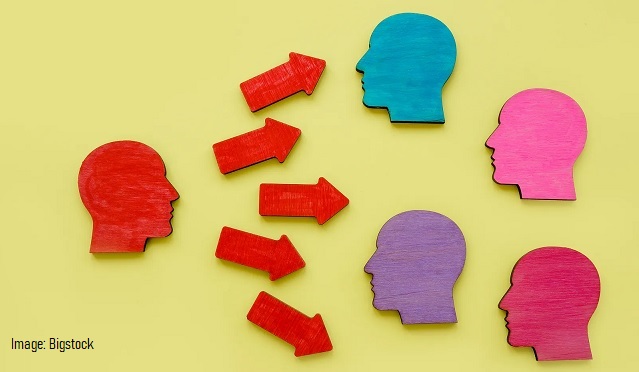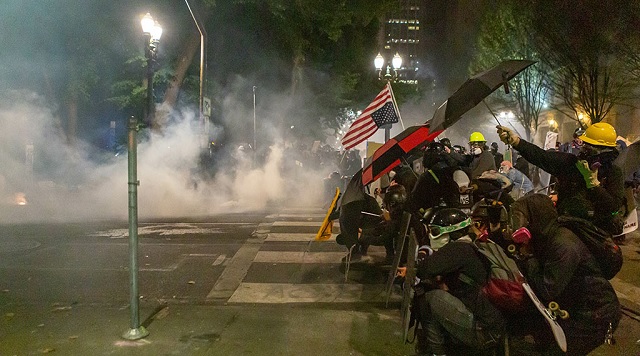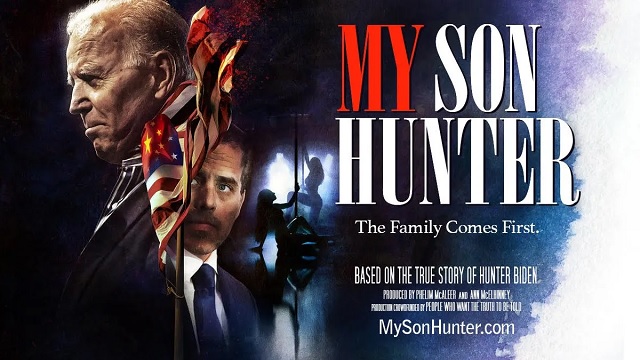Ten Topics You Rarely Hear Discussed Openly and Rationally on Mainstream Media

Many of us are familiar with the ideological and political biases of mainstream media, in particular the media’s uncritical embrace of leftist commitments on issues like inclusive language, hate speech, transgenderism, abortion, same-sex marriage, immigration, the Christian faith, education, and pandemic policies.
It’s par for the course.
Much of the mainstream media does not simply defend its favoured positions; it also refuses, all too often, to give a fair hearing to opposing viewpoints. The silencing, censoring, and exclusion of opinions that newspaper, radio, and TV editors deem politically incorrect impoverishes our public square by making open and candid discussion of a wide range of issues practically impossible.
This would not necessarily be the case in an ideologically and politically diverse media system, because the one-sided and exclusionary editorial policies of one media organ could be checked and balanced by the diverse biases and editorial policies of another. However, in practice, many mainstream media do in fact speak with one voice on lots of important issues, including issues that are by no means settled in the general population.
Sometimes the silencing of dissenting viewpoints is achieved through overt censorship – as we saw when Facebook suppressed arguments that entertained the Wuhan lab leak hypothesis, or when Twitter censored pretty much any assertion that could be construed as even slightly unfavourable to Covid vaccines. But more often than not, it is achieved by refusing to give any airtime to arguments from “the other side.”
In many ways, this is more sinister than overt censorship, because it is subtle and may easily go completely unnoticed.
I have had personal experience of this “from the inside,” so to speak. I used to write occasionally for a prominent national newspaper in Ireland, as well as a regional newspaper in Spain. Soon after I began to seriously question Covid measures or the science behind lockdowns, my contributions at both newspapers ceased to be published, quite abruptly. There was simply no editorial interest in questioning the fundamentals of the national response to the virus.
The average newspaper reader or TV viewer knows nothing of this filtering process. They just pick up the newspaper or switch on the TV and assume that there are “serious” people and experts who will be given a platform to express themselves. They will naturally assume that if no credible voice defends this or that position, it must be because the position is weak or indefensible. It will not occur to the average reader or viewer that the reason there are no “credible voices” on the other side is because they have been filtered out in advance.
Mine is one of those voices. There are many others.
It is not that mainstream media never discuss contentious issues. Rather, media “debate” on contentious issues is often bland and uninspiring, due to its near total exclusion of reasonable voices from the other side. Officially sanctioned positions are echoed uncritically by talking heads on TV and radio, and the “other side” is dismissed as a bunch of crazies or “extremists” in op-eds and on chat shows, even though moderate dissenting voices are refused airtime or never invited to participate in the debate in the first place.
This is bad for citizenship and bad for democracy, because citizens are exposed to one set of pat answers on the issues of the day, and not taught to process complexity and nuance. Citizens who should be learning to think for themselves are instead encouraged to passively imbibe a set of one-sided slogans, slogans that most journalists do not even think to interrogate or put to the test, like “I’m personally against X, but would never impose my opinion on someone else,” or “I am spiritual but have no time for organised religion,” or “Populists are a looming danger to democracy,” or “We must do everything possible to combat misinformation and hate speech,” or “The unvaccinated are granny-killers.”
The top ten
Here are ten topics that most mainstream media cover from a broadly leftist-progressive perspective, with almost no consideration of dissenting arguments, no matter how evidence-based and no matter how qualified or credentialed their author happens to be. In other words, ten topics that most mainstream media cannot or will not discuss openly and rationally:
- The birth shortfall across a large part of the Western world and its contribution to the ageing of our populations – barely mentioned, let alone debated.
- The ethics of administering transgender hormone therapy to children and adolescents – seems to be taboo for many editors.
- Religious faith as a personal commitment and way of life – almost invariably, this is either ignored, treated superficially, or discussed as a wholly subjective “lifestyle option,” rather than a serious truth claim.
- The ethics of abortion and techniques of assisted reproduction and their impact on women’s lives – the pro-life perspective is almost never given a fair hearing.
- The difficulties and challenges surrounding the accommodation and integration of refugees – anyone questioning refugee policies is dismissed out of hand as “anti-immigration” or bigoted or racist.
- The evidential basis and ethical merits of Covid policies like lockdowns, mandatory masking and mandatory vaccination – government advisors were essentially given a free pass to say whatever they wanted, while dissenters were either silenced or dismissed as enemies of public health.
- The steep increases in excess mortality in 2021 and 2022, and its possible underlying causes – it has been reported on, but strikingly, not discussed to even a fraction of the extent that Covid deaths were.
- The claim that reducing our “carbon footprint” can reverse global warming, and that this will avert a global catastrophe – you will rarely if ever hear this topic treated in a rational, critical and scientific manner, just uncritical repetition of a set of pre-packaged climate crisis mantras.
- Populist and anti-establishment political movements – instead of engaging rationally with their claims, these movements are generally dismissed as “alt right,” “hard right,” or “demagogic” and anti-democratic.
- The perspective of stay-at-home mothers or women who choose to sacrifice their careers or accept more modest careers, in order to be more available to their children – apparently, most mainstream journalists are unable or unwilling to discuss such a choice sympathetically.
This article has been republished from David Thunder’s Substack, The Freedom Blog.
AUTHOR
David Thunder
David Thunder is a researcher and lecturer at the University of Navarra’s Institute for Culture and Society. More by David Thunder
EDITORS NOTE: This MercatorNet column is republished with permission. ©All rights reserved.





